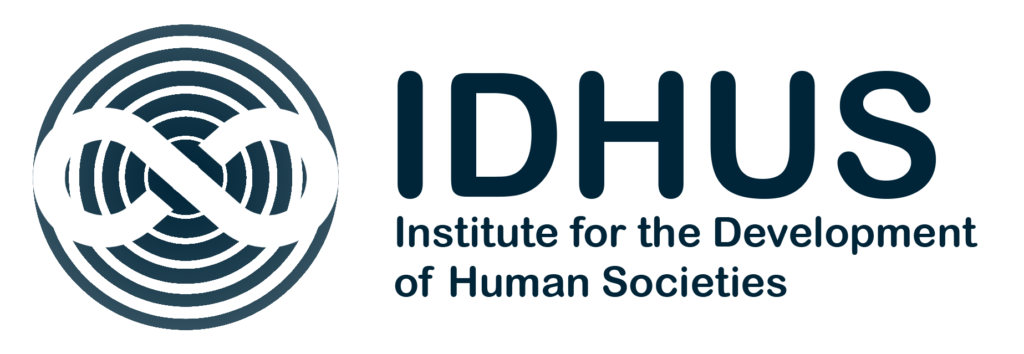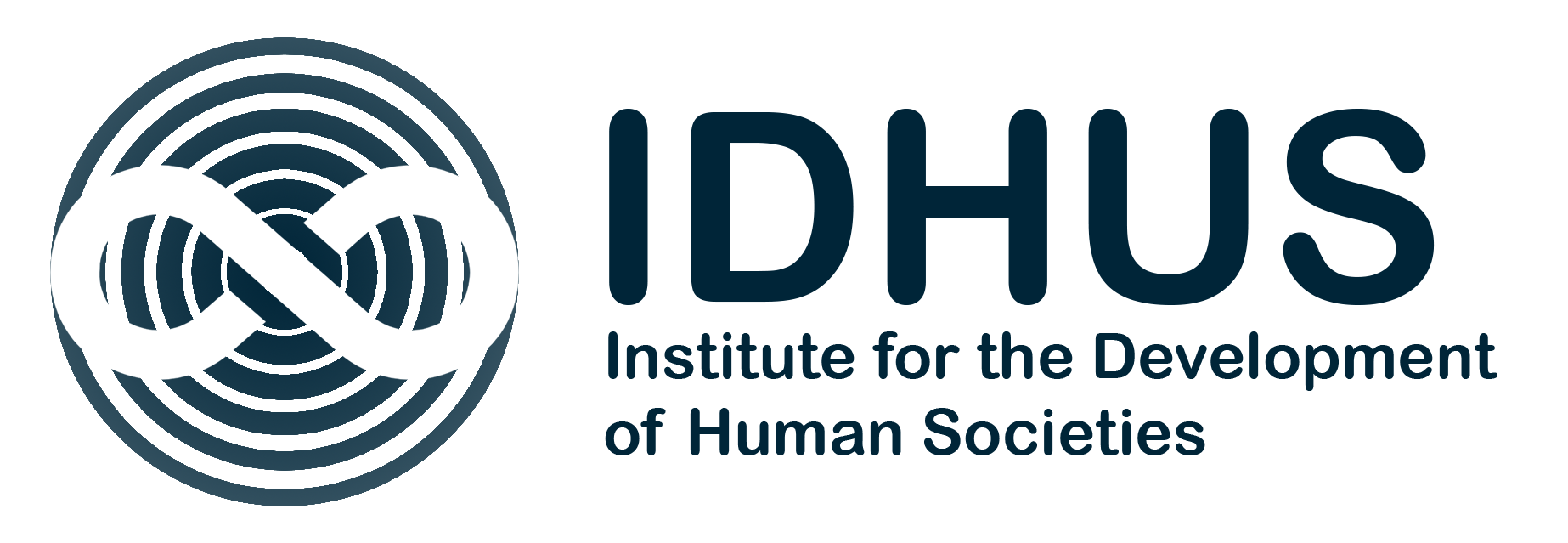
These are the values and principles that we hold at the IDHUS Institute and that set the framework for our work. They are the reason why we believe that what we are doing is worth doing.
- All human beings have the right to equal opportunities to improve their quality of life through the responsible use of the planet’s resources. There are no citizens of first, second, or fifth class, and advancements in all areas of human knowledge should be accessible to those in need.
- The future belongs jointly to all of us who are currently living in present times. The path society will take is not predetermined, and there are multiple possibilities for social and human development in the coming decades. We can create a more balanced and sustainable society for all, or we can risk complete destruction before we find a way to colonize other parts of the solar system, as our current way of life depletes the planet’s resources sustaining it.
- To enable a more equitable experience for all human beings, there must be a fair distribution of all the planet’s resources and improved access for those in need. It is imperative to use technology, in all its facets and potentials, to provide a better quality of life for those still living under conditions that are less than dignified and acceptable for their well-being and prosperity.
- It is crucial to acknowledge that the global population is projected to decrease significantly over the next few decades. For most of society, the current living conditions do not promote or facilitate bringing more human beings into the world. This trend is unlikely to change, as the dynamics we have created are pushing society in the direction of less children, later in life. Adapting to the idea that, in a few decades, more people will die than be born, and that there will gradually be fewer humans on the planet, is essential for initiating adjustments to the way our growth, work and economic models are structured.
- It is imperative to find a formula through which countries, regions, and areas suffering from depopulation and a lack of people can accept newcomers from places where overpopulation, lack of opportunities, and poverty hinder the fulfillment of the first point of this manifesto.
- The greatest fear that a society harbors is the fear of disappearing or diluting its principles, roots, and way of life due to the massive influx of others who bring different principles, lifestyles, customs, and perceptions of reality. Fear can be countered through information, tolerance, acceptance, and the proper distribution of resources to ensure that everyone feels secure about their future.
- Current global institutions are based on societal management models that are no longer prevalent in today’s world, yet the processes of updating and adapting these institutions to the real situation of today’s society have not been initiated. Without a comprehensive update of the political and economic structures governing humanity, none of the preceding points in this manifesto can be fully achieved.
- Human psychology adapts very slowly to change, but change is occurring at an increasingly rapid pace. Millions of people are left behind on the way to a better life because they are unable to comprehend, absorb, and integrate all the developments happening around them. We risk destabilizing a significant portion of the population if we cannot help each other manage the rapid pace of updates, changes to the status quo, innovations, and shifts in economic, geopolitical, social, environmental, and technological realms.
- There is an almost complete disconnect between the feelings, opinions, and desires of ordinary people and the vision held by most political, economic, and social leaders within our structures of national and international power and governance. Different “realities” have been created based on one’s social scale and level of power, and those making decisions affecting people who, in most cases, do not share their way of acting. There is no easy solution to this problem; however, it is necessary to align the majority’s vision with the vision of those who lead or claim to lead that majority.
- The information shared worldwide is so biased, manipulated, compartmentalized, and distorted in relation to what happens on the ground that people who might attempt to understand what is happening anywhere else on the planet besides their own neighborhood find it almost impossible to form a real and reasonably accurate image of the reality in those other places. Distortion leads to ignorance, which leads to assumption, resulting in the erroneous formation of conclusions, the promulgation of incorrect proposals, ideas, potential solutions, or responses to “that,” and further exacerbating misunderstandings among communities, peoples, cultures, or societies.

